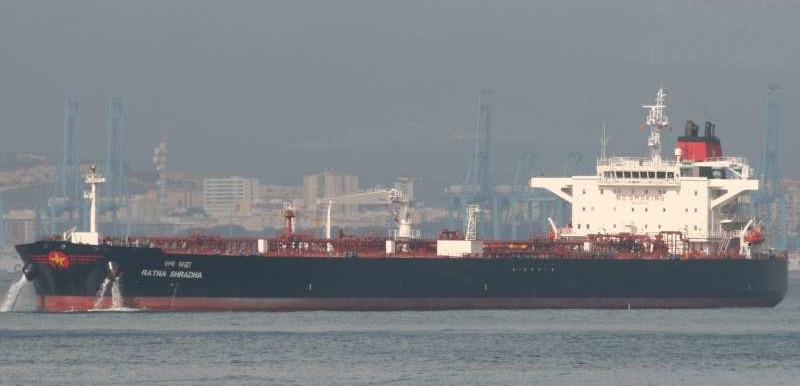Sudan and South Sudan agreed 27 September on the fees for transporting South Sudan’s crude oil through Sudan’s pipelines to the Red Sea. The deal sets the terms for cross-border production for the next three and a half years and allows oil companies to resume their work after oil fields shut down earlier this year culminating in the Heglig oil field war in April. The Agreement on Oil and Related Economic Matters was signed by the chief negotiators Idriss Abdel Gadir and Pagan Amum Okiech.
Terms: South Sudan will pay to Sudan $11.00 per barrel for oil volumes moved through facilities of the Greater Nile Petroleum Operating Company, a Chinese-Malaysian consortium with fields in Unity State. These fees break down to $1.60 per barrel as a processing fee, $8.40 per barrel as a transportation fee and $1.00 per barrel as a transit fee.
For oil volumes moved through facilities of the Petrodar company, also a Chinese-Malaysian consortium with fields in Upper Nile state, South Sudan will pay to Sudan $9.10 per barrel. These fees break down to $1.60 per barrel as a processing fee, $6.50 per barrel as a transportation fee and $1.00 per barrel as a transit fee.
On top of these fees, South Sudan will have to pay an amount of $3.028 billion over the next three years and a half years as a ‘transitional financial arrangement.’ The agreement also directs Sudan to repay South Sudan for crude oil it confiscated from a vessel early this year at the outset of the crisis, while blocking South Sudan from bringing other legal claims related to prior confiscations and arrearages payments.
Background: Sudan’s economy historically depended heavily on revenues from oil drilled in South Sudanese fields, while South Sudan since winning autonomy in 2005 had a right to a share of those revenues. The two sides however failed to reach a post-secession agreement that would allow South Sudan to continue exporting its oil through Sudan to Port Sudan. After independence of the south in mid-2011, Sudan faced a major budget crisis and sought to impose transit fees on South Sudan as a means of covering the budget gap. Sudanese negotiators initially demanded more than 30 dollars per barrel whereas the South Sudanese offered less than a dollar. The failure to agree led to a game of brinksmanship throughout 2011 and 2012 culminating in the closure of pipelines running north-south. Following the pipeline closure, heavy fighting broke out leading to damage and looting in the Heglig oil field, and proxy conflicts in border states intensified.
Implications: This agreement finally settles the prices that South Sudan will have to pay to allow its oil economy to continue. It provides the economic basis for peace between the two hostile countries and sets the way for direly needed oil revenues to resume flowing to the two governments in crisis. However, the budget crisis in each country will continue for some time since it is expected that oil companies will need more than four months to technically get production going again.
Not to be confused… Although the oil deal settles the major outstanding issue between Sudan and South Sudan, it does not end the negotiations on oil-related matters. A number of sub-agreements on technical matters still need to be concluded. Also, the dispute over the Abyei area, which contains the Diffra oil field, remains unresolved. Finally, the two sides continue to disagree over how much South Sudan should compensate Sudan for assets in its territory that it took over from the state firm Sudapet.




